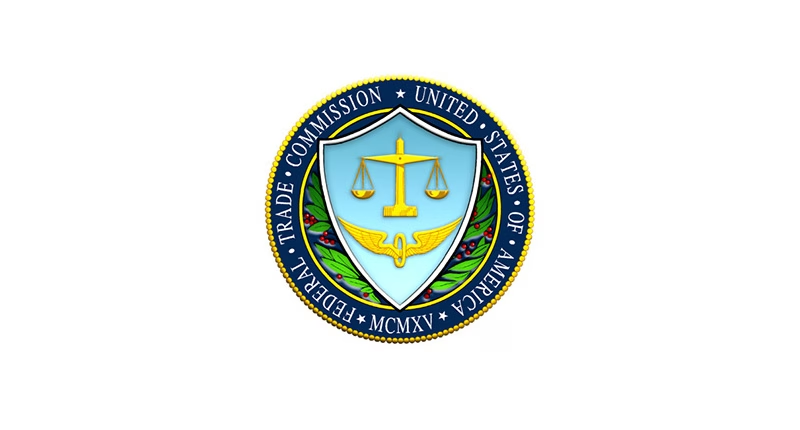Last updated on January 1, 2020
The Federal Trade Commission has issued its biennial report to Congress focusing on the use of the National Do Not Call (DNC) Registry by both consumers and businesses and other organizations over the past two years.
This year’s report includes: 1) a summary of current Registry operations; 2) a summary of the impact on the Registry of new telecommunication technologies; and 3) a discussion of the impact of the established business relationship exception in the Commission’s enforcement efforts.
The DNC Registry currently has more than 239 million active registrations, an increase of more than 4.1 million registrations from the previous fiscal year (FY). According to the report, during fiscal year 2019, 2,014 businesses and other entities paid more than $12 million to access the Registry. More than 15,000 entities subscribed to access the Registry, including those who registered for five or fewer area codes free of charge, and 541entities (such as charitable organizations) claimed “exempt organization” status and also received free access to the Registry.
In FY 2018, 2,163 entities paid Registry access fees totaling nearly $12.3 million. That year, 15,045 entities subscribed to Registry, including those who registered to access five or fewer area codes at no charge, and 520 entities claimed “exempt organization” status and accessed the Registry without paying a fee.
The report concludes that the DNC Registry exists to provide consumers with a choice regarding whether or not to receive telemarketing calls. Accordingly, the FTC and FCC work to keep it accessible and effective for both consumers and telemarketers. As new technology provides new challenges, the FTC actively seeks to address and confront them by, among other things, encouraging private industry, other government agencies, academia, and other interested parties to create and develop new strategies to help consumers avoid unwanted telemarketing calls.
The Commission also publishes an Annual Do Not Call Registry Data Book that provides substantial detail on registration numbers and other statistical information about the Registry. Similar information is also available our Tableau public page, which is update quarterly and allows users to interact with the data to drill down to state or county data.
The Commission vote authorizing the biennial report to Congress was 5-0. (The staff contact is Ami Dziekan, Bureau of Consumer Protection, 202-326-2648)
Information courtesy of Federal Trade Commission
































